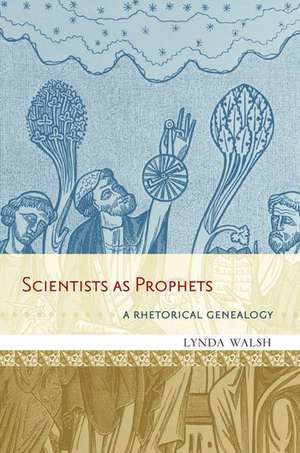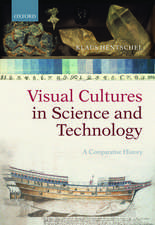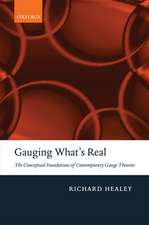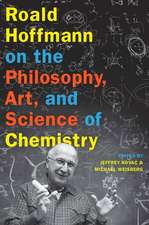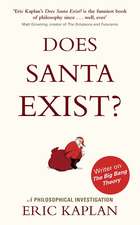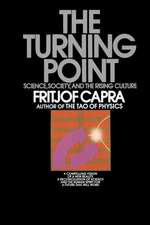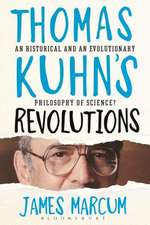Scientists as Prophets: A Rhetorical Genealogy
Autor Lynda Walshen Limba Engleză Paperback – aug 2013
Preț: 316.18 lei
Nou
Puncte Express: 474
Preț estimativ în valută:
60.50€ • 63.17$ • 49.96£
60.50€ • 63.17$ • 49.96£
Carte tipărită la comandă
Livrare economică 05-11 aprilie
Preluare comenzi: 021 569.72.76
Specificații
ISBN-13: 9780199857111
ISBN-10: 0199857113
Pagini: 276
Ilustrații: 7 black-and-white; 2 color
Dimensiuni: 155 x 231 x 20 mm
Greutate: 0.41 kg
Editura: Oxford University Press
Colecția OUP USA
Locul publicării:New York, United States
ISBN-10: 0199857113
Pagini: 276
Ilustrații: 7 black-and-white; 2 color
Dimensiuni: 155 x 231 x 20 mm
Greutate: 0.41 kg
Editura: Oxford University Press
Colecția OUP USA
Locul publicării:New York, United States
Recenzii
On contentious issues like climate change and the teaching of evolution in schools, public officials seek out scientific advisers for guidance, oftentimes pulling scientists into the spotlight away from their comfort zones. Some win widespread acclaim for their efforts to shape public policy, while others are denounced as subverters of traditional values. In Scientists as Prophets, Lynda Walsh shows that across history-Francis Bacon, Robert Boyle, Rachel Carson, J. Robert Oppenheimer, Steven Jay Gould, Carl Sagan-scientists who venture into public policy arenas are immersed in the discourse of prophecy. In this ambitious and insightful book, Walsh raises our appreciation of prophecy as a pragmatic and rational genre for experts doing their best to interpret the unknowable.
Walsh shows that the prophetic function of the science adviser is as old as science itself, not a contemporary add-on. She uses an ingenious adaptation of Kenneth Burke's Pentad to trace its history and to show how the prophetic ethos has shaped contemporary controversies over nuclear security, pesticides, and global warming. The work is deeply informed, engagingly written, and convincingly argued; it enriches our understanding of the rhetoric of science and of the relations between science and the polity.
This book is interesting, nuanced and stimulating.
Walsh shows that the prophetic function of the science adviser is as old as science itself, not a contemporary add-on. She uses an ingenious adaptation of Kenneth Burke's Pentad to trace its history and to show how the prophetic ethos has shaped contemporary controversies over nuclear security, pesticides, and global warming. The work is deeply informed, engagingly written, and convincingly argued; it enriches our understanding of the rhetoric of science and of the relations between science and the polity.
This book is interesting, nuanced and stimulating.
Notă biografică
Lynda Walsh is an Associate Professor of English at the University of Nevada, Reno.
